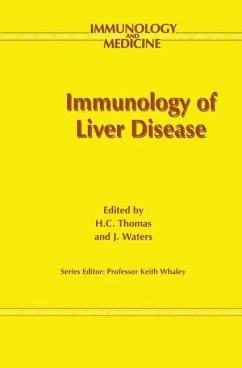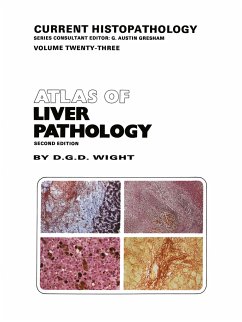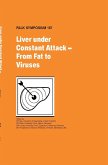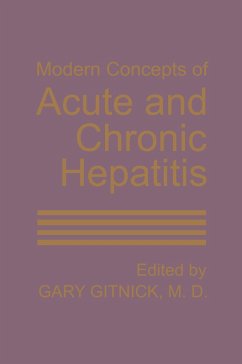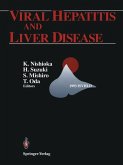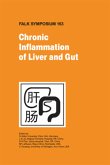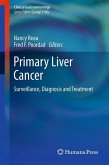The role of the immune response in both the pathology of liver disease and in the modulation ofliver injury has been the subject of intense research. This book aims to present the current understanding of the involvement of the immune response in liver disease. The first chapters examine the role of the immune response in viral infections of the liver. These viruses cause hepatitis of varying severity and it is thought that many of the mechanisms responsible for liver cell injury are immunologically mediated. In addition three of these viruses, hepatitic B, C, and D, are associated with persistent infection and chronic liver disease. The role of the immune response in viral persistence is discussed. Further chapters are devoted to the three major autoimmune liver diseases which are thought to be the result of loss of tolerance to autologous liver tissue. There has been much recent research on cellular immune responses in these diseases but knowledge of the immunological processeswhich lead to the breakdown of tolerance and the mechanisms of tissue damage are limited. Other research has concentrated on the identification of the antigens which are the targets of this immune response. Linkage disequilibrium between MHC alleles and autoimmune diseases has suggested a role for immunogenetic factors.

